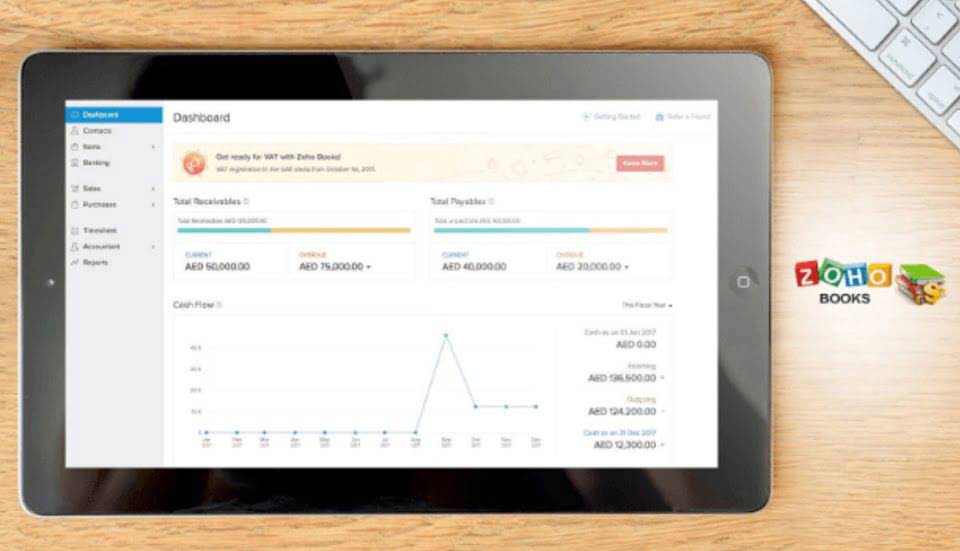Content

To ensure steady cash flow, do everything possible to encourage on-time payment from customers. That could include offering discounts for early payment, running credit checks on potential customers before doing business with them and, when necessary, revoking credit terms. Accounting software that can automate invoicing processes by automatically sending out bills and follow-up reminders could also help prevent outstanding invoices from piling up. By outsourcing accounting services for startups, you will get access to knowledgeable accountants according to your company’s requirements. Doing taxes by yourself causes so much stress, so outsourcing your accounting will take this burden off your shoulders.

If you have $11,000 in the bank account and project to spend $1,000 per month, then you have 11 months of the runway if you do not make a penny in revenue. The net profit margin ratio can be better known as profit margin. When your business wants to know how accounting firms for startups much earned profit there is for each dollar of revenue, you want to conduct a profit margin ratio. This number is essential to show startups if they are spending too much money. If you put off bills, you risk spending more on late payments and interest.
Smart bookkeeping. Powered by professionals. Backed by technology.
You will need to manage human resources, mitigate risks, and satisfy employees, all of which will cost you money. Another issue you may run into as a startup, particularly if you operate with a remote team, is complying with tax laws across multiple jurisdictions. The more places you find employees, vendors, and clients, the more likely you are to run into disparate state and local tax laws. The Credit for Increasing Research Activities, more commonly known as the R&D tax credit, allows you to carry forward the value of the credit into your future, profitable years. This is designed to incentivize businesses to prioritize long term research and business growth even though a return on investment isn’t immediate or guaranteed.
- But if you ask us, then we’d recommend getting a professional accountant involved as early as you can.
- If you’re an IT contractor or freelancer, and you need to know your tax obligations, then you have reached at right place.
- As accountants have more training and experience than bookkeepers, you should expect to pay more for a professional accountant than you would for a bookkeeper.
- Meaning, it is a software solution that could grow with your company.
- Solving payroll problems – Whether you are paying your employees weekly, biweekly, or monthly, payroll is a long-term expense for a business.
- Bookkeeping is the organized process of tracking all income and expenses.
Create purchase orders and invoices to make sure you’re tracking who owes you what and who’s paid up. Most founders who’ve been through the early stages of launching a business will tell you, “absolutely not”. But that doesn’t mean every new business needs an accountant from day one. Instead, let an experienced accountant work their magic and take that responsibility off your hands. Have regular catch-ups to make sure you’re happy that things are going in the right direction and then leave them to it.
Forecast Financial Estimates
This will mean being experienced with managing payroll, vendors, and clients across different tax jurisdictions, as well as being proficient with regional excise, property taxes and tax credits. Whereas an accountant comes in to go through your books to help you file taxes and prepare for audits and funding rounds, a bookkeeper does the day-to-day tasks of keeping your books up-to-date. In the same way your accountant provides your controller with useful financial information, your bookkeeper sets up your accountant for success. By integrating the software, you can connect your finances to the vital data on customers, inventory, and other aspects of your business.
How much does accounting for start-ups cost?
The cost of QAccounting’s accountancy services for start-ups completely depends on the extent of the work required to be carried out. Our customers can opt to only benefit from certain one-off services (your self-assessment tax return for example) or pay a reduced monthly fee should you not want to benefit from any one of the services we offer. For an accurate, immediate quote for your start-up accounting services, complete our easy-to-use online quote form and we will provide you with your definitive monthly accountancy fee.
There are plenty of “temp-CFO” services which will provide one for a part-time engagement or even by the hour. Either way, the time will come when you need the expertise of an accountant or CFO. That doesn’t necessarily mean you have to hire someone full-time. At that stage, hiring a bookkeeper to do the work, while taking time to oversee it, makes sense, says Brett Galloway, a former Cisco executive who is now angel investor and CEO of AttackIQ.